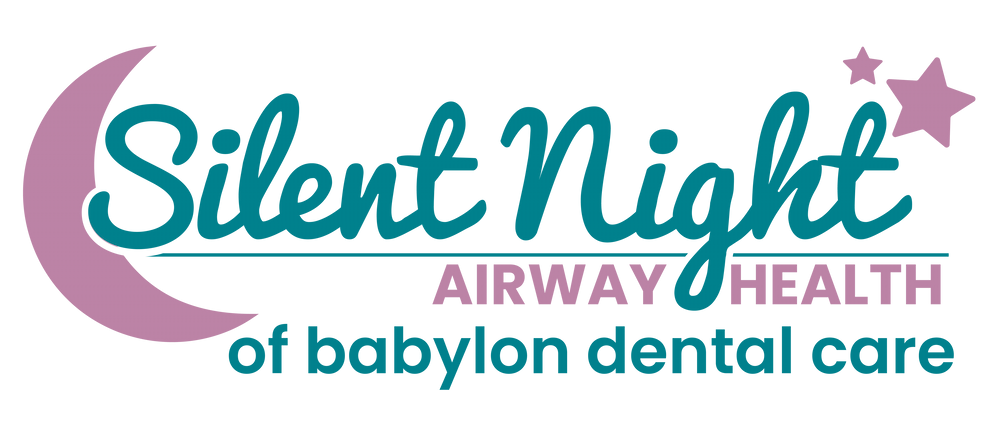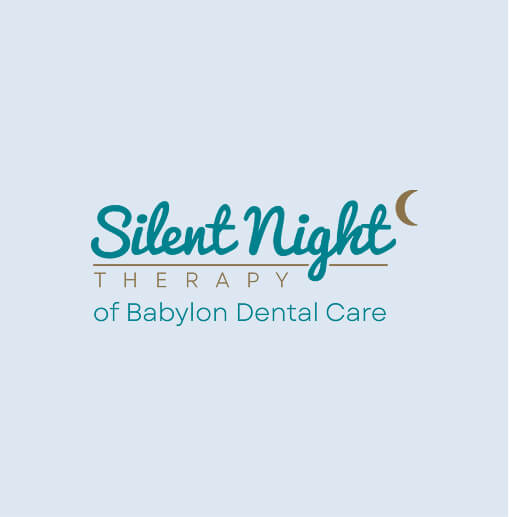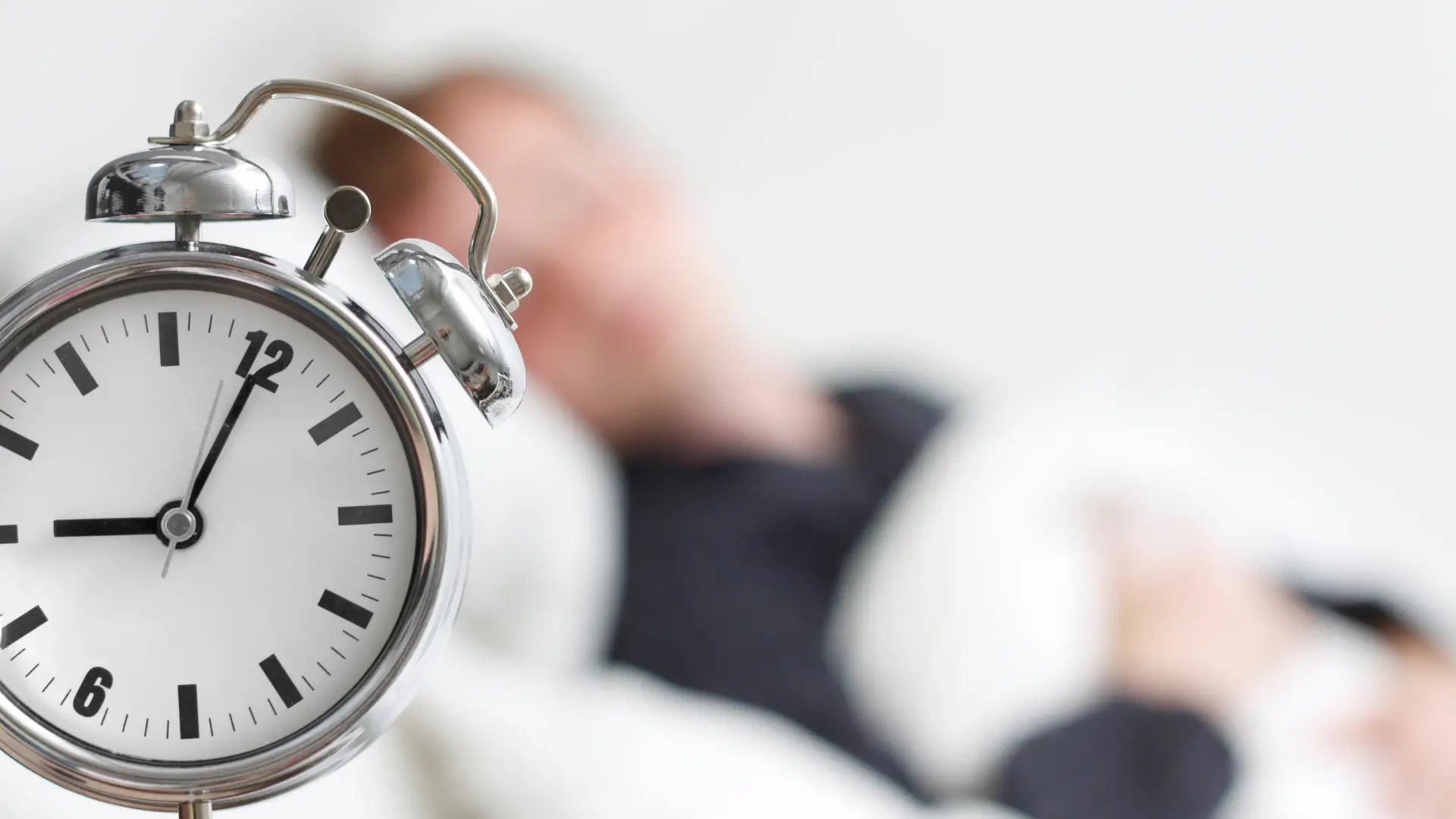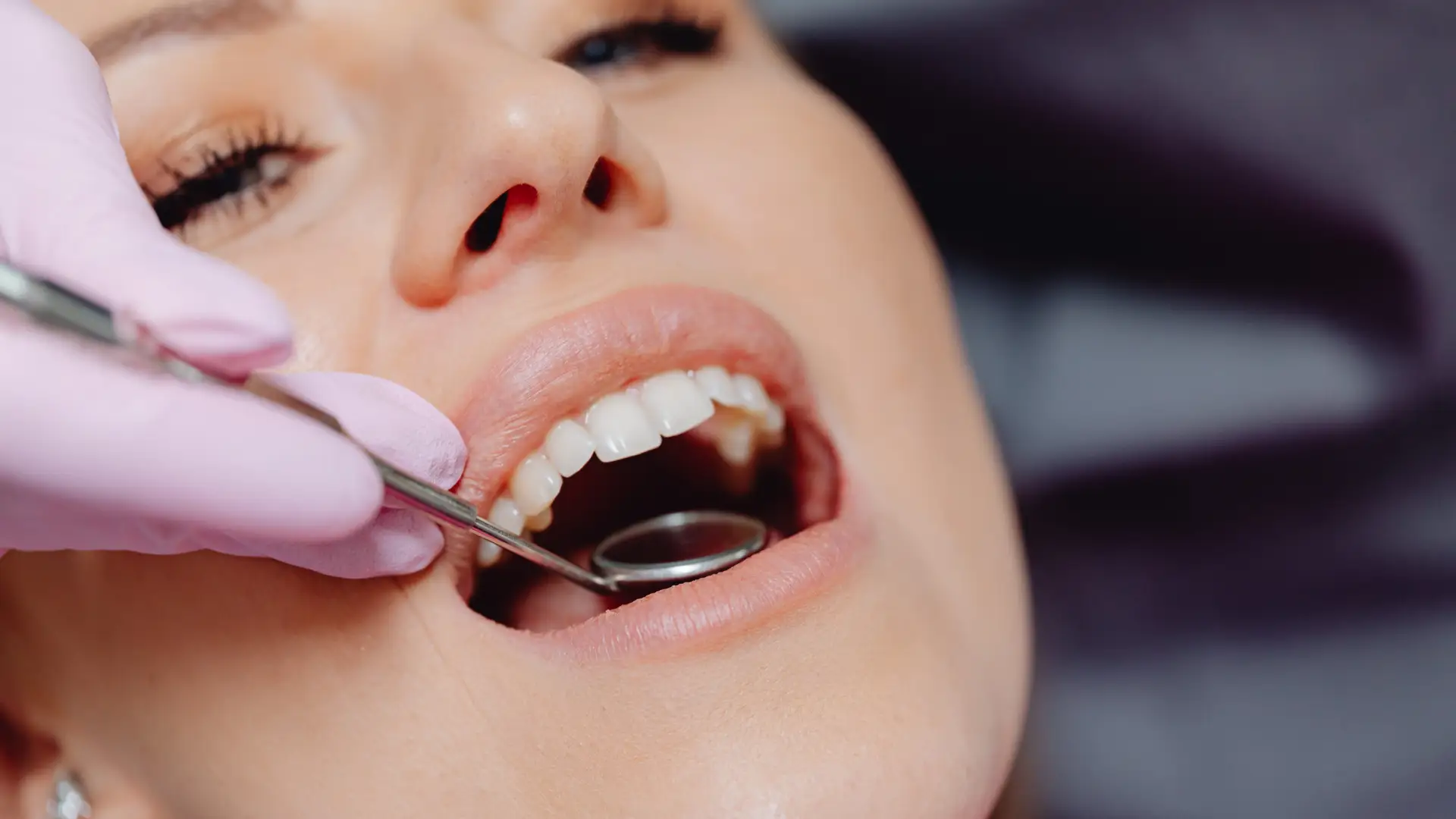Natural Ways to Help Sleep: Tips for a Restful Night
Posted By:
May 15, 2025
9:00 AM
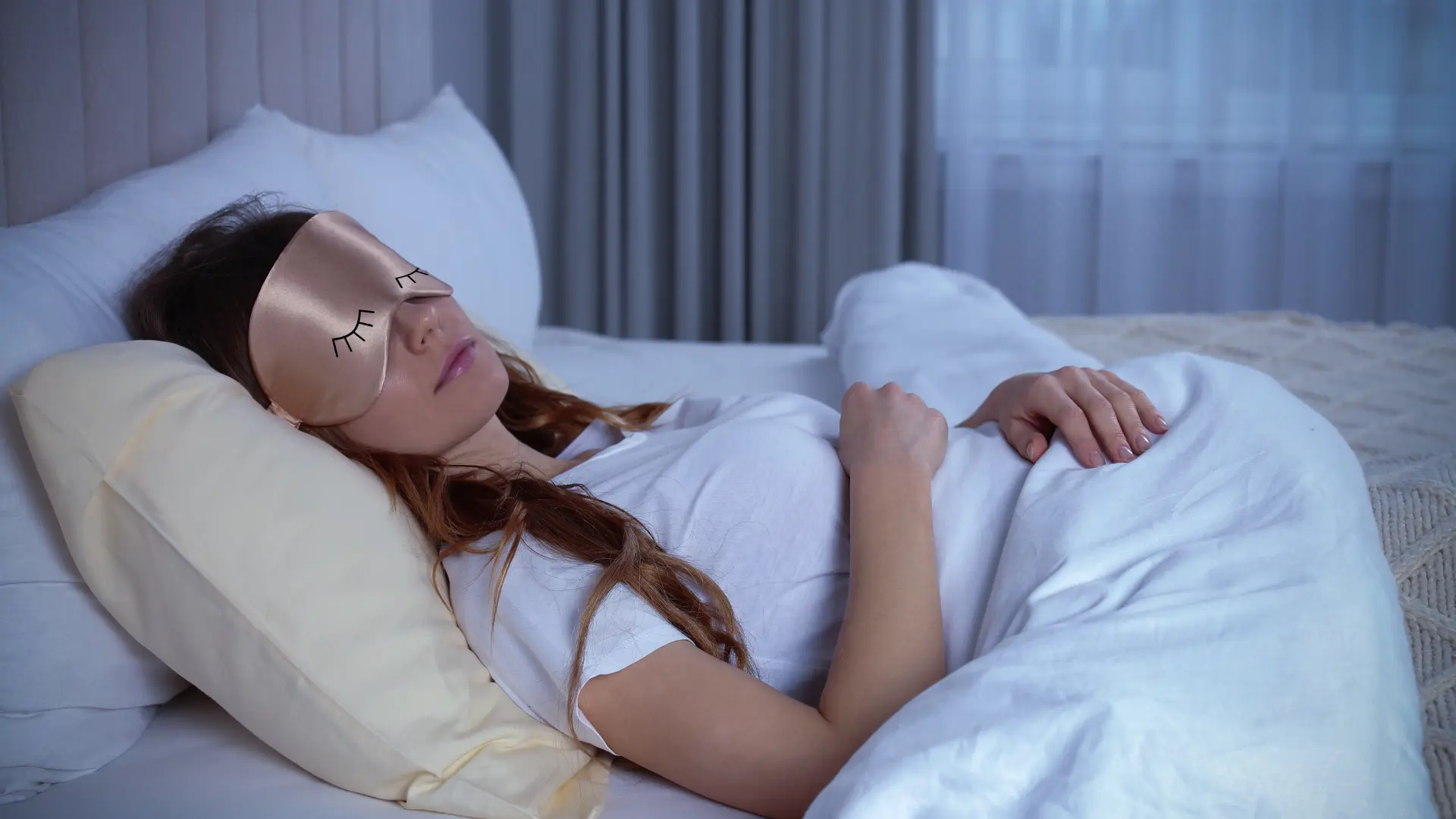
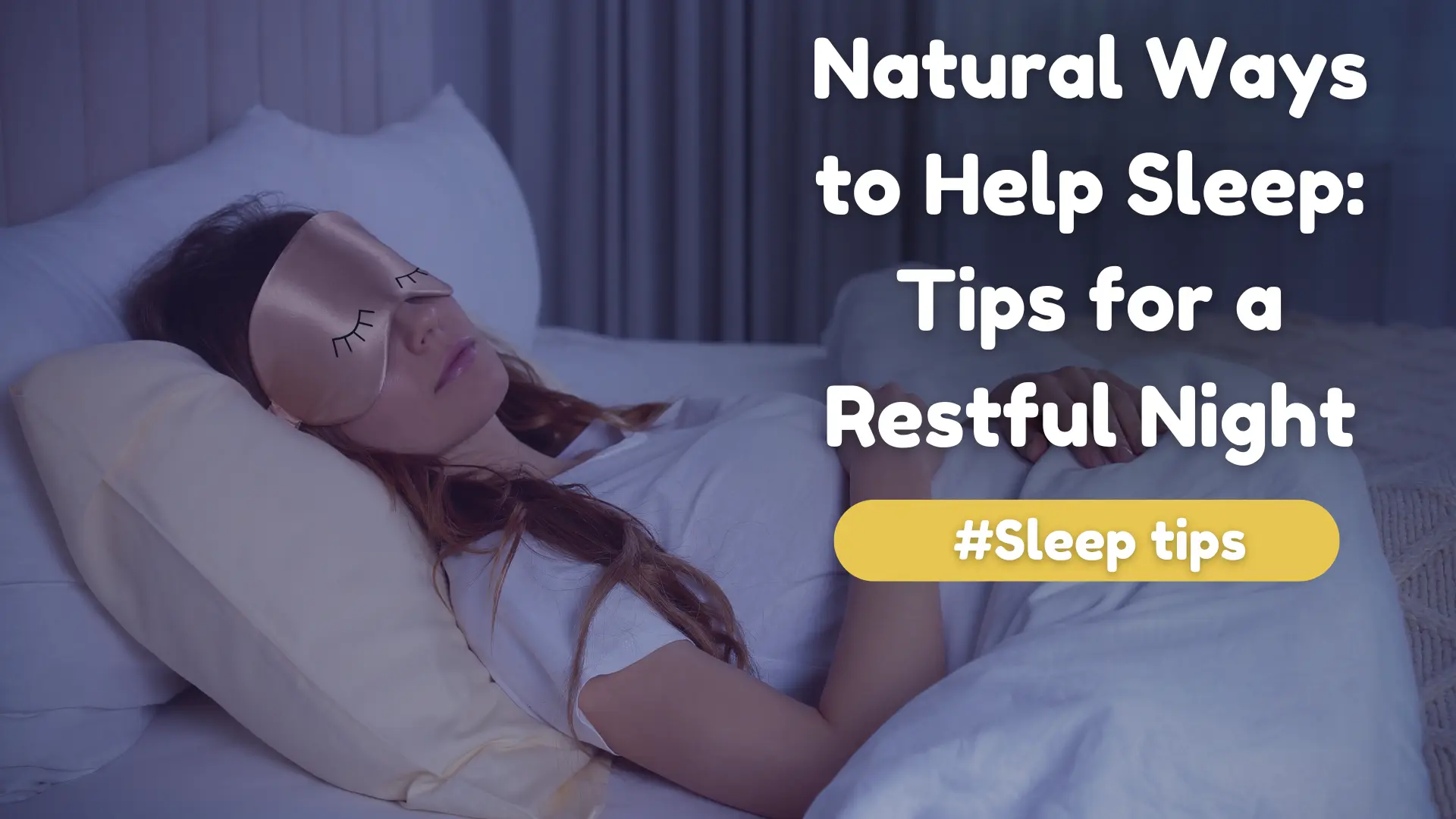
Whether you’re struggling with stress, poor sleep habits, or just an inconsistent bedtime routine, improving your sleep naturally is possible.
Why Choose Natural Ways to Improve Sleep?
Turning to natural sleep remedies can benefit your body and mind in the long run. Many over-the-counter or prescription sleep medications have side effects, including grogginess, dependency, and memory issues. These side effects can feel almost as bad as not getting enough sleep.
Natural sleep remedies also help establish habits that support restful sleep each night. The better your sleep hygiene, the more likely you’ll be able to sleep through the night and wake up refreshed. Stress relief, adjusting your diet, and creating a calm evening routine all target the root causes of sleep trouble, not just the symptoms.
Tips for Natural Ways to Help Sleep
There are plenty of natural ways to fall asleep faster and stay asleep longer. These tips are simple to implement and, if used consistently, can significantly improve your sleep quality. Try establishing these habits one at a time.
Bedtime Routines
These bedtime routines can help you get ready to rest:
- Create a consistent sleep routine: Your body thrives on routine. Go to bed and wake up at the same time every day–even if you’re tempted to sleep in on weekends. This helps regulate your internal clock and improves natural sleep habits.
- Make your bedroom a sleep-friendly environment: Keep your bedroom cool, dark, and quiet. Try blackout curtains and white noise machines to block out distractions. Remove electronic devices—they emit blue light, which can disrupt melatonin production. An analog alarm clock can help you wake up on time without tempting you to check your phone overnight.
- Practice relaxation techniques: Getting into a pre-bedtime relaxation routine can make a big difference in your sleep. Meditation, including deep breathing and progressive muscle relaxation, helps signal to your body that it’s time for rest. Similarly, warm baths with Epsom salt can help relieve tension.
- Limit your screen time: Electronic devices interfere with your sleep-wake cycle. Aim to shut off screens at least an hour before bedtime. Instead, try reading a physical book or journaling.
- Incorporate gentle movement: Regular activity during the day can promote better sleep at night. Yoga and walking are great ways to stay active and sleep better at night. Just avoid high-intensity workouts right before bed—they raise your adrenaline and make it harder to wind down.
Lifestyle Changes
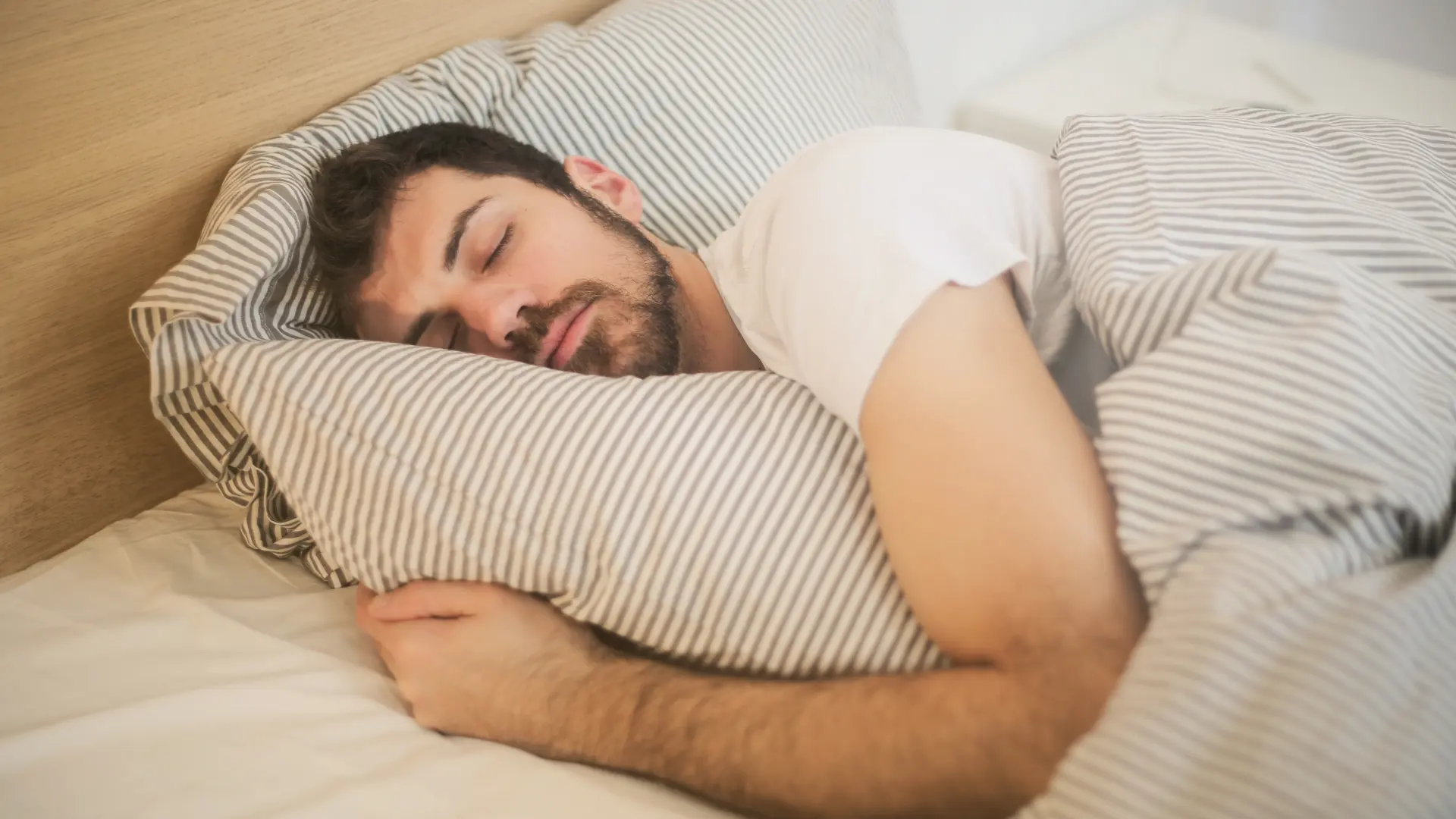
- Eat foods promoting sleep: What you eat and when can impact your sleep. Some of the best foods for better sleep include cherries, which are a natural source of melatonin. Oatmeal’s complex carbohydrates support melatonin production. One of the most famous sleep-friendly foods is turkey. Its tryptophan content aids serotonin production and can help you drift off more easily. Avoid caffeine, heavy meals, and alcohol before bed.
- Address stress naturally: If your mind races when your head hits the pillow, find a natural stress remedy that works for you. Talk therapy, writing in a gratitude journal, and practicing meditation are popular ways to minimize what’s keeping you up at night.
- Cut back on naps: Cutting back on naps can help you sleep better at night. While a short nap can help in the afternoon, long or irregular naps can throw off your circadian rhythm. If you need to nap, keep it under 30 minutes.
- Get natural light: Similarly, exposure to natural light helps reset your internal clock. Try stepping outside in the early part of the day, even if it’s just for 10 or 15 minutes.
- Drink plenty of water: Dehydration can also lead to disrupted sleep. However, drinking too much right before bed can cause frequent bathroom trips—try to limit your water intake an hour before bed.
Consider a Sleep Study
If the tips above don’t help you fall and stay asleep, consider participating in a sleep study. Sleep apnea is a common condition that can disrupt your sleep. It can also lead to cardiovascular problems, chronic anxiety, depression, and other serious conditions.
A sleep study can diagnose whether you have sleep apnea, all from the comfort of your own home. If you’ve been diagnosed with sleep apnea, Silent Night Therapy can recommend solutions to help you get the rest you need.
Ready to Sleep Better Naturally?
Better sleep starts with better habits—and, in some cases, a correct diagnosis. Silent Night Therapy can help by diagnosing sleep apnea and finding appropriate treatment.
If you’re struggling with sleep and need help getting back on track, call our office at (631) 983-2463 or contact us online today.
Related Posts:
World Sleep Day: Tips on How to Go to Sleep Earlier for Better Rest
Improve Your Sleep by Adding This 5-minute Routine to Your Day
